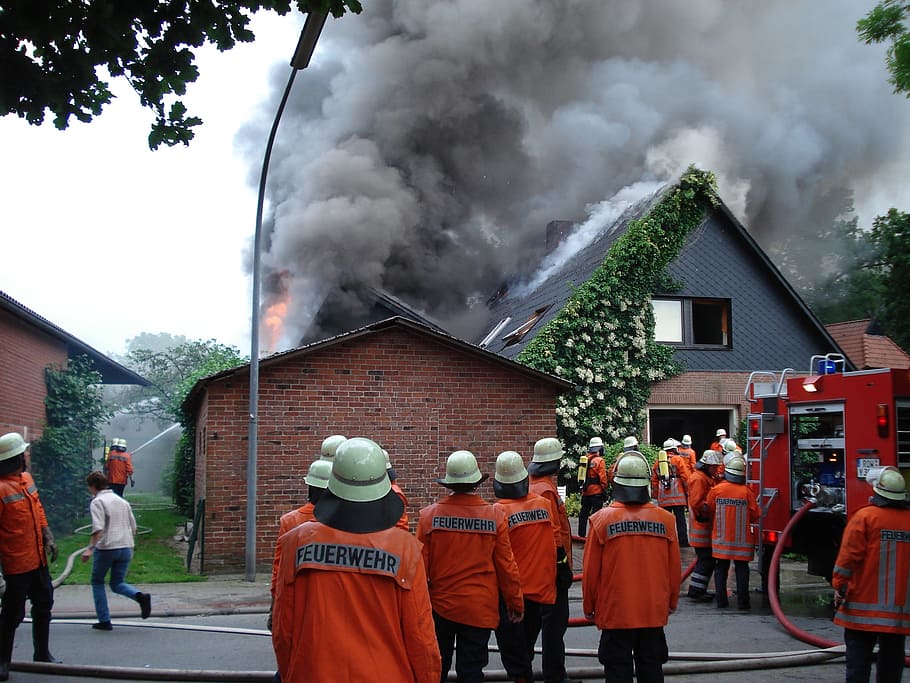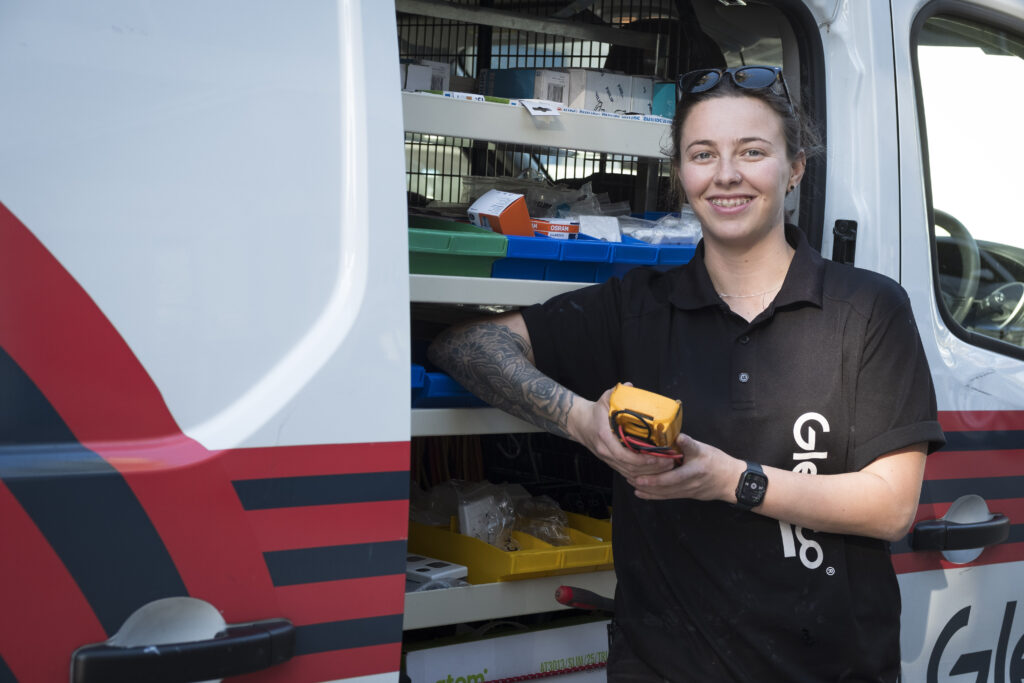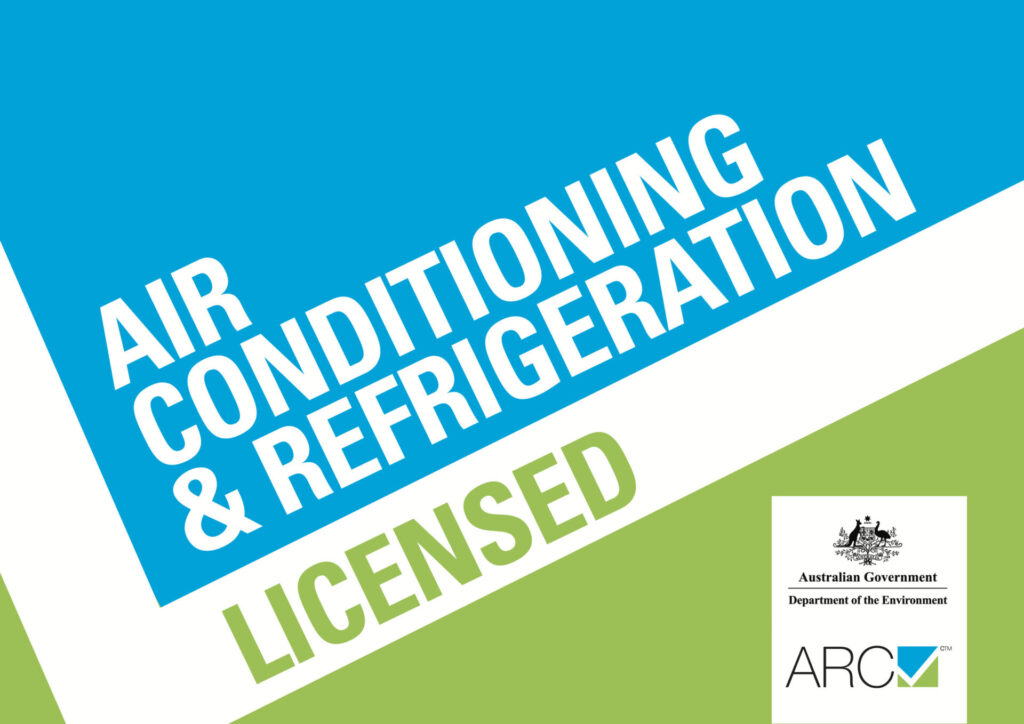A recent study revealed that house fires are the number one natural cause of death among Australians. From these figures, it’s clear to see that one of the most common and devastating disasters that can occur in the home is a fire.
Did you know that modern houses are prone to fires as opposed to simpler houses? This is mostly due to the flammable nature of the materials used during construction. A house fire can destroy your home and everything in it. It’s therefore important to be prepared for a fire before it happens.
Your home should be your topmost priority. There are a couple of measures you can take to keep your home safe from fire-related devastation. Let’s dive into them, shall we?
7 Tips to Protect Your Home from Fire
1. Install Smoke Detectors
Installing and maintaining smoke detectors the right way is important in protecting your home from fire. For that reason, it’s advisable to install a good number of smoke alarms on every level of your home, including the basement. There are two types of smoke detectors:
- A-C Powered Smoke Detector: This type of detector needs to be directly connected to a power source, hence the need for a qualified electrician. Ensure you have a battery connected to your A-C powered smoke detector in case of a blackout.
To test this smoke detector, carefully hold up two or three lit matches together and blow out the flame. Clasp the matches, so the smoke flows higher towards the smoke alarm. If the smoke detector is fully functional, the alarm will automatically go off.
- Battery-operated detectors are quite affordable and can be installed practically anywhere around the home. A battery-operated smoke alarm is fairly easy to test. Carefully elevate yourself toward the detector and push the test button. If it doesn’t go off, replace the battery and try again. Ensure to check the battery as often as you can.
According to the South Australian Country Fire Service, every home should install smoke alarms in all sleeping areas and other key areas such as the living room and kitchen. As a homeowner, you need to be conscious of the fire detection requirements that change through the years.
2. Test Your Smoke Detectors Regularly
Test and maintain your smoke alarms monthly and replace the batteries at least once a year. This will help ensure that your smoke detectors are in proper working condition and fully capable of warning you in case of any fire outbreaks within the home.
Maintain your smoke detectors based on the manufacturer’s guidelines. You should ensure that everyone in the residence recognizes the sound of the smoke detector and knows how to react.
3. Install Fire Extinguishers
It’s also a good idea to install fire extinguishers in your home. A compact fire extinguisher can help contain a fire and save your loved ones’ lives before firefighters get to the scene of the accident.
Install your fire extinguishers in accessible and secure positions around your home/workplace. Use a multi-purpose extinguisher for domestic purposes. Such extinguishers can be used to put out small fires and aren’t hard to operate.
Read and understand the instructions that come with the extinguisher in case a fire breaks out. Make sure that everyone in your family knows how to use them. If the instructions are not clear enough, you can get extinguishing lessons from your local fire department.
Place your extinguishers next to any accessible exit point. If smoke engulfs the room, get out of the house or seek out a clear room. At this point, your extinguisher should have cleared out any fire.
4. Clean Your Stove and Oven
The majority of home fires start in the kitchen. An oven can flare up for two reasons: One, if you’re baking with more than the usual amount of butter, it could leak and start a fire. Secondly, overcooked food in the oven can lead to smoke which may eventually culminate in a huge, uncontainable fire.
You can prevent house fires by performing any/all of the following:
- Clean your oven before use
- Ensure cooking is attended to actively
- When baking, layer your baking pan with your baking tray
- When roasting frequently drain excess grease
- Get your oven looked at by a professional to assure full functionality.
5. Pay Attention When Cooking
It may sound pretty obvious, but it’s worth taking into account that whenever you’re handling flame-related chores at home, BE EXTRA CAREFUL.
While it may be difficult to focus 100% on cooking alone, try to avoid any fire-related accidents. It’s also important to stay in the kitchen as you cook. According to Fire and Rescue, a third of home cooking fires come about as a result of unattended cooking.
Additionally, use non-flammable materials while cooking. Keep materials such as wooden utensils, cloth insulators, and food packages at a safe distance when cooking. Open flames are extremely dangerous to leave around such materials.
6. Practice Open Fire Safety
Practicing open fire safety can lessen the damage and protect your household in case of a fire breaking out. Research shows that it takes at least four minutes for a fire to engulf a room. Here’s how you should respond in case of a fire breakout:
- Install smoke detectors in accordance with the NFPA guidelines.
- Maintain and test your smoke alarms monthly.
- Educate your family on fire escape plans and conduct drills regularly.
- Get everyone out and call for help.
7. Check Electrical Safety
Here are some of the ways you can reduce the risk of electrical fires in your home:
- Buy your equipment from the same retailer
- Follow the manufacturer’s instructions on installation strictly
- Don’t leave appliances running overnight or when you’re not around
- Do regular maintenance of your appliances
- Don’t overload your appliances
- Always clean your appliances according to the manufacturer’s instruction
- Ensure you have a functioning smoke alarm system
- Employ use of surge protectors
Summary
We hope that all the tips provided above will protect your family in the event of a fire break out in your home. No one actively wants a house fire to happen, but it’s helpful to be prepared just in case. Glenco’s fire protection services cover a wide range of residential and commercial fire safety requirements. We provide everything you need, from smoke detectors to firefighting equipment, and more.








